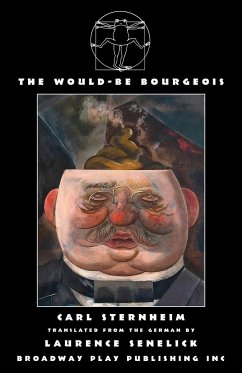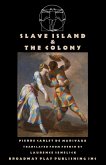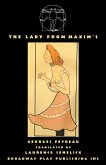Life's meaning lies in the persistence of its creatures to establish their uniqueness and freedom in confrontation with their environment. The heroes of Sternheim ae not of the traditional cast-good, but not too good. They are, in fact, repulsive, malicious, cynical, morally degenerate creatures who nevertheless seem to win the approval of the author as exemplary representatives of vital principles in the order of things. Carol A Melillo Sternheim's characters demonstrate a process that defines the whole of bourgeois society, and that might be called a quiet pandemonium of cold-blooded, insidious inhumanity. Walter Sokel Schippel is a Chaplinesque figure in a bowler hat, but at the same time an Expressionistic "New Man" capable of total transformation. With him there is no question of continuity of character or personality; what he experiences and thereby demonstrates is "a sudden change for the better. A rebirth..." ... By the end of the play Schippel has demonstrated his truly "heroic" qualities and proved himself worthy to the full of "the lofty blessings of the middle class." J M Ritchie The bourgeois girl Thekla Hicketier embarks on a love affair with the young prince with a superior awareness that is not only astonishing in the most charming way-the scene is one of the most delightful that Sternheim ever wrote-but at the same time every tragic conflict that might occur in a conventional plot is cut off at the start. Thekla succeeds in parodying herself and her love with a cheerfully open awareness, using all the conventional romantic clichés, which she consciously uses as clichés and contrasts with the "real" situation. Wilhelm Emrich
Hinweis: Dieser Artikel kann nur an eine deutsche Lieferadresse ausgeliefert werden.
Hinweis: Dieser Artikel kann nur an eine deutsche Lieferadresse ausgeliefert werden.









